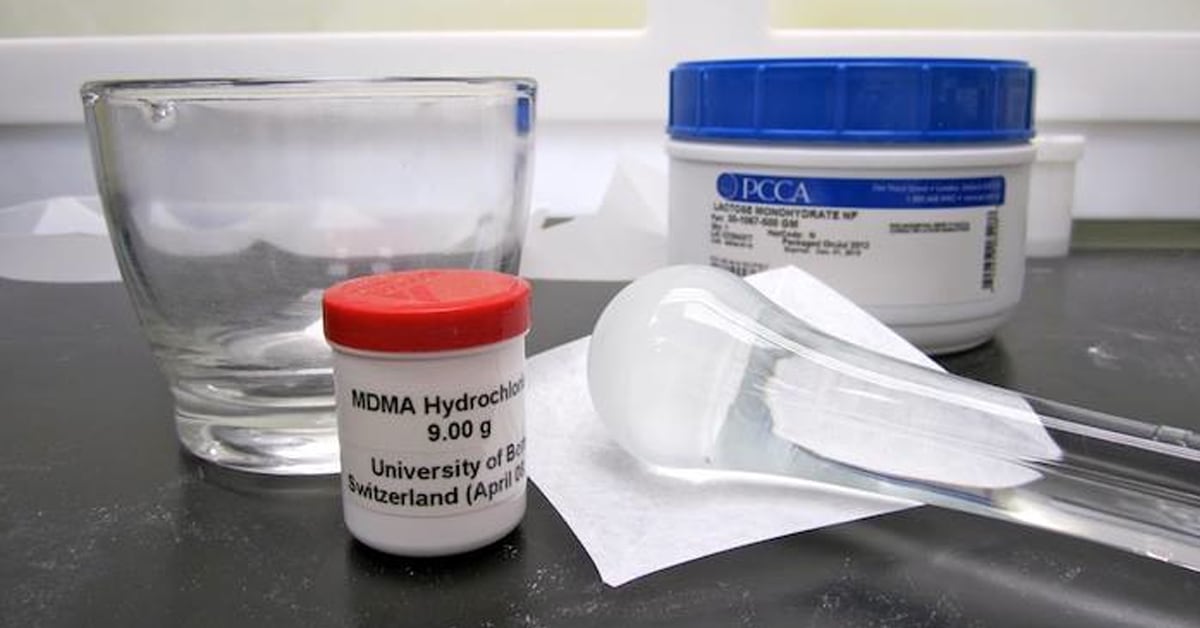The main ingredient of ecstasy, a psychedelic drug, was recently designated by the U.S. Food and Drug Administration as a “breakthrough therapy” for treatment of post-traumatic stress disorder.
Typically used in recreational settings, MDMA’s effects have shown — throughout clinical trials — to significantly improve the mental well-being of individuals suffering from PTSD.
With FDA cooperation, continued studies will soon get underway and will be led by the California-based nonprofit, Multidisciplinary Association for Psychedelic Studies, or MAPS, an organization that has been researching the effects of MDMA for over 30 years.
“For the first time ever, psychedelic-assisted psychotherapy will be evaluated in Phase 3 trials for possible prescription use, with MDMA-assisted psychotherapy for PTSD leading the way,” said Rick Doblin, founder and executive director of MAPS.
PTSD, especially among veterans of Operations Iraqi Freedom and Enduring Freedom, is nearing epidemic status. Between 11 and 20 percent of OIF and OEF vets suffer from the condition, according to the Department of Veterans Affairs.
The next stage of testing will feature over 200 participants tested at 14 different sites in the U.S., Canada and Israel, an effort supplemented by the FDA.
“Reaching agreement with FDA on the design of our Phase 3 program and having the ability to work closely with the agency has been a major priority for our team,” said Amy Emerson, executive director of the MAPS Public Benefit Corporation.
In Phase 2 of clinical trials, MAPS treated 107 participants with a regimen of three sessions of MDMA-assisted psychotherapy.
“All participants had chronic, treatment-resistant PTSD, and had suffered from PTSD for an average of 17.8 years,” the MAPS statement said.
Two months following the completion of treatment, 61 percent of participants no longer exhibited signs consistent with a PTSD diagnosis. At the one-year follow-up, 68 percent showed no signs.
The treatment, according to MAPS, shows that MDMA has the capability to “reduce fear and defensiveness, enhance communication and introspection, and increase empathy and compassion, enhancing the therapeutic process” for those battling PTSD.

And clinical side effects seem to be minimal if the subject is in decent health.
“MDMA transiently increases heart rate, blood pressure, and body temperature in a dose-dependent manner that is generally not problematic for physically healthy individuals,” the statement said.
Phase 3 of clinical trials is set to begin in 2018, as long as funding goals are met.
“Now that we’ve been granted this prestigious designation and have come to an agreement with the FDA about study designs, our biggest hurdle is fundraising,” said Merete Christiansen, executive manager at MAPS. “We still need to raise half of the $25 million needed to fund the studies … If everything remains on track, we anticipate full FDA approval in 2021.”
The full MAPS press release can be found here.
Tell us whether you think MDMA should be a viable treatment option for veterans suffering from PTSD in the poll below.
J.D. Simkins is the executive editor of Military Times and Defense News, and a Marine Corps veteran of the Iraq War.





